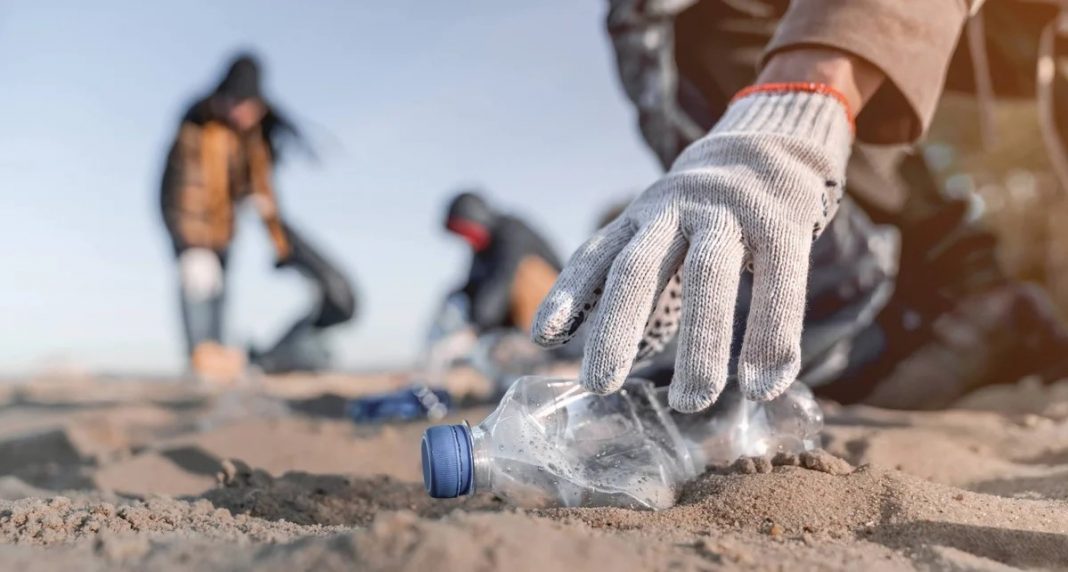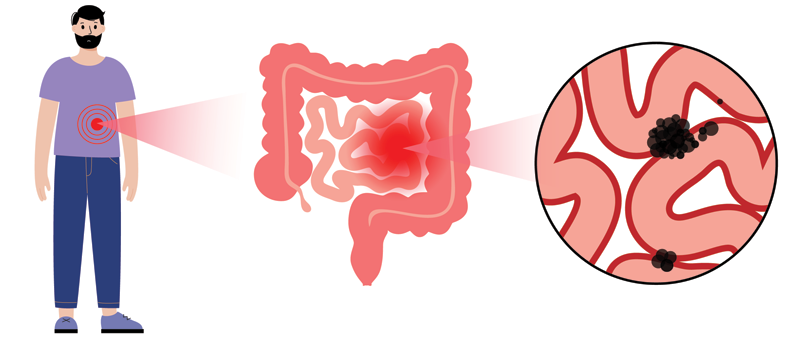Reading Time: 3 minutes
Reduce, Reuse, Recycle are the 3-R’s towards a healthier environment.
- Do you know that as much as 91% of all plastic produced worldwide is designed for single-use purposes? (UN-Chronicle)
- Do you know plastic takes hundreds of years to decompose and during this process it releases harmful chemicals into the air?
- Do you know that in spite of the hype and awareness of how dangerous to mankind and the environment this is, the production of plastic will double in the next twenty years?
We all need to join hands to beat plastic pollution, every drop counts, do your bit with the three R’s.
Companies promoting sustainability are on the rise — Google, Aramco, IKEA, Apple, Unilever, Accenture, The Body Shop, Nike, to name a few are engaging in green marketing and their sustainability efforts.
Companies like Blue Planet Environmental Solutions teach and allow organisations to measure, record, and report carbon emissions across their supply chains. As well as how to handle their waste management and convert it into resource. All this allows organisations to reduce their impact, gain efficiencies and make lasting changes for a cleaner environment.
Here is what “GOOGLE” has introduced as their pledge towards environment sustainability —
- RECYCLING —
While it can be difficult to know off the bat which personal items can be recycled and where can they be recycled. In 2021, Google Business Profiles was introduced on search and maps all over the world, with this anyone can find a recycling drop-off location closest to them.
Search “plastic bottle recycle near me”
- PRE-OWNED ITEMS —
Clothing is responsible for 4% of carbon emission (Mckinsey.com fashion on climate) 342 million barrels of petroleum are used to produce plastic-based fibers such as polyester, nylon or acrylic. Google Shopping will let you shop for labels, which are pre-owned and help you make eco-friendlier shopping decisions.
- KNOWLEDGE ON WASTE REDUCTION —
CircularNet a set of machine learning and AI algorithms to support the way waste management facilities identify, sort, manage and recycle materials. Nearly 1/5th of items sent for recycling, end up in the wrong heap, waste sorting at recycle facilities are not super efficient or accurate either. That’s where CircularNet comes in.
- USING SUSTAINABLE HARDWARE —
“As part of the goal to achieve net-zero emissions across our operations and value chain, including consumer hardware products — by 2030, The focus is on building sustainable hardware.”
– In 2022, approximately 30% of the materials used in new products launched and manufactured were recycled content.
– Committed to plastic-free hardware packaging by 2025, latest packaging for Pixel 7 uses 99% plastic-free materials.
– With iFixit, customers have more phone repair options and in turn extend the life of each device.
- REDUCING ONE-TIME USE PLASTICS —
Single-use plastics challenge – which gives food companies with packaging that’s free of single-use plastic the opportunity to test their solutions in Google’s U.S.-based cafes and kitchens. Use of more reusable, durable containers to transport goods, reducing, and ultimately eliminating, single-use plastics will help eradicate plastic pollution of our planet eventually. The circular Google initiative.
6- PLASTIC POLLUTION THROUGH VISUALIZATION —
We all know that Plastic degrades into smaller pieces called microplastics, which then end up in the air we breathe.
Google Arts & Culture worked with and came up with ways to take action on reduction of microplastics.
– Data artist Giorgia Lupi to visualize these particles in a virtual exhibit.
– The interactive Plastic Air experiment, offers a glimpse into the composition of plastics in the air — a mix that could include, granules from bottles, fragments from broken CDs or fibers from polyester textiles.
- SUPPORTING EACH OTHER TO MAKE THE CHANGE —
There are a number of companies which Google.org supports in their ideas to tackle this humongous challenge of a plastic free environment.
Gringgo is one such company; it uses technology to improve waste management systems by launching a number of apps, including one for waste workers to track the amount and type of waste they collect. In their very first year they were able to improve recycling rates by 35% in their pilot village, Sanur Kaja in Bali.
Azure Alliance is another grantee of Google.org, who have developed the Azure Fighter, an unmanned, fully electric boat that snatches floating plastic debris from harbours, lakes, and waterways. It is a recipient of the AVPN APAC Sustainability Seed Fund.
Google for Startups provides mentoring and tech support to startups focusing on solving sustainability challenges using technology. Right from food wastage (Nuvilab, uses AI to analyze food waste and improve operational efficiency in restaurants across South Korea) to fashion recycling across all boards reuse is promoted.
In conclusion — The whole of humanity is working towards a cleaner, greener planet by making it easier to find recycling locations, shop for pre-owned items, create efficient waste management processes and more.




